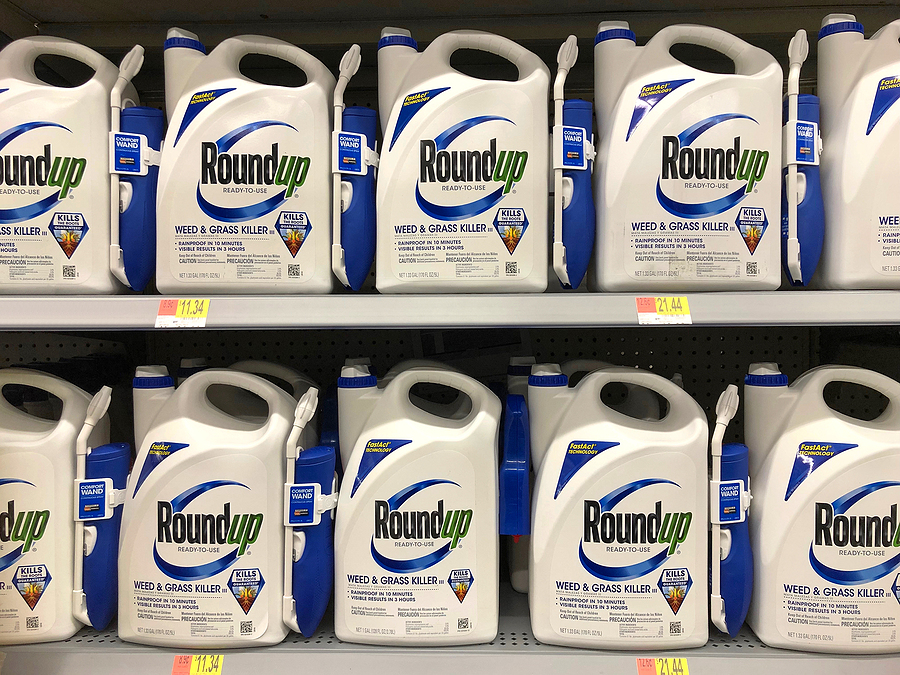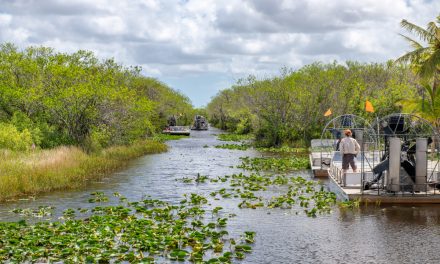Bayer is doing damage control after suffering losses caused by U.S. lawsuits over claims its weedkiller glyphosate causes cancer. On Friday, the company said it would invest $5.6 billion in pesticide research.
Bayer also promised to lower its environmental impact by 30% through 2030 by means such as practicing more precise and more careful application of its chemicals to crops.
The move was likely prompted by Bayer’s shares hitting a seven-year low after a couple in California was awarded over $2 billion dollars last month, in the largest-ever U.S. jury award over claims the glyphosate-based weedkiller Roundup causes cancer. This is the third consecutive U.S. jury verdict against Roundup. The German company acquired the toxic pesticide problems when it took over Monsanto, but claims the investments in studying its weed control are part of a previously approved budget. Bayer said on its website:
“We listened. We learned,” we have a “heightened responsibility and … unique potential to advance farming for the benefit of society and the planet.”1
RELATED:
Bayer’s current market valuation is $56 billion, which is less than the $63 billion it paid for Monsanto, mounting pressure on CEO Werner Baumann, who fought for the takeover and has faced criticism from shareholders. Throughout all this, Bayer still maintains that glyphosate is safe, stating:
“While glyphosate will continue to play an important role in agriculture and in Bayer’s portfolio, the company is committed to offering more choices for growers.1
Baumann has strengthened Bayer’s public relations department in an effort to improve its image. CNBC reports:
Bayer faces a backlash in Germany over a collapse in insect populations, which environmentalists blame on pesticides used in farming
Matthias Berninger, a former German deputy agriculture minister and green-party politician, was hired as chief lobbyist earlier this year and is due to unveil a new sustainability strategy for Bayer in the second half.
Bayer said it would seek to reduce its environmental footprint by scaling down crop protection volumes and enabling more precise application. It would increase transparency around research efforts and the forthcoming process of re-registering glyphosate in the European Union.’
Bayer hopes these steps will help to “restore and retain biodiversity, combat climate change, and make the most efficient use of natural resources1
RELATED:
Western crop chemicals companies have faced harsh criticism from environmentalists for selling toxic products in developing countries with their local approval, despite the fact they can no longer sell them at home. On this note:
Bayer added it will only sell crop protection products in developing countries if they also meet the safety standards of a majority of eight leading global regulators in jurisdictions such as the EU, the United States or Brazil1
According to a Bayer spokesman, the company has not withdrawn any of its products and plans to look into its product portfolio.
Source:
.












